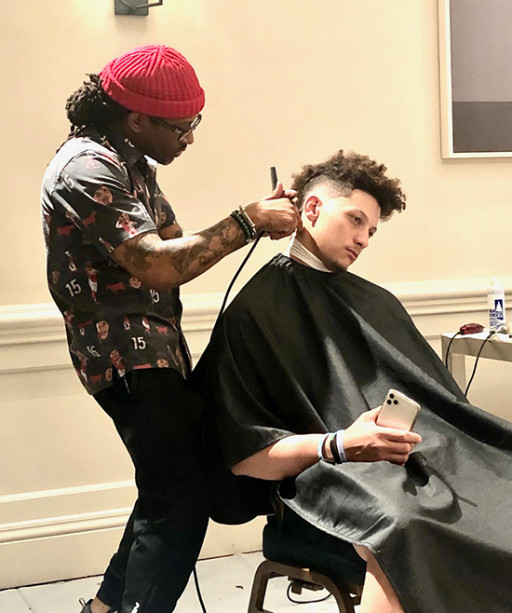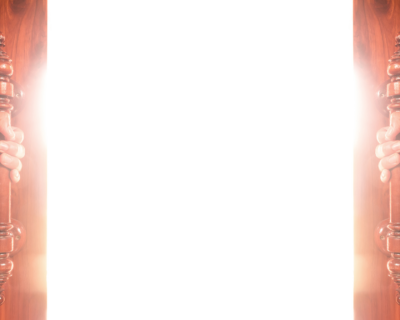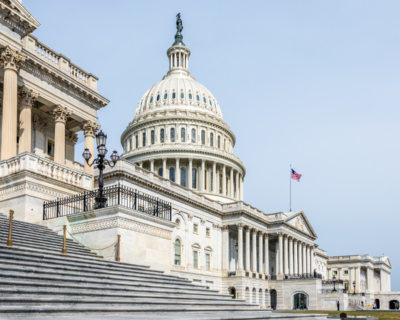
Did Patrick Mahomes’ Fresh Cut Break the Law?
Over the weekend, Kansas City quarterback Patrick Mahomes led the Chiefs in a momentous comeback victory over San Francisco 49ers in Super Bowl LIV. But just a few days before being named the game’s MVP, Mahomes flew his barber, DeJuan Bonds, down to Miami to freshen him up for the big stage. While Mahomes knew that Bonds would make him look good, he probably didn’t realize the almost certain illegality of Bonds cutting his hair in the State of Florida.
Much like every other state in the nation, Florida requires individuals to have occupational licenses to practice the profession of barbering in the state. An occupational license is a required permission slip from the government in order to work in a given profession. To obtain a barber’s license in Florida, an applicant must complete 1,200 hours of education and pay $428 in fees. Meanwhile, Mahomes’ barber’s home state of Kansas requires 1,500 hours of training and $115 in fees.
Given the fact that Kanas requires more hours of class time than Florida, shouldn’t Bonds be able to cut Mahomes hair legally in the Sunshine State? Unfortunately for him, Florida, like 48 other states in America, doesn’t recognize out-of-state licenses for occupations like barbering. If Bonds wanted to legally set up shop to cut hair in Florida, he would have to go through the entire licensing process again.
Thankfully, no one deprived Mahomes of his fresh cut by foolishly enforcing this licensing requirement on Bonds, however others have not been so lucky.
This patchwork system is not only arbitrary but creates real costs to those looking to support their families. For example, military spouses, who can be forced to move at a minute’s notice, are often unable to practice their profession when moving across state lines. This patchwork means less opportunity to support their families.
There are states, however, that are leading the way with smarter regulations of occupational licenses. Arizona has a policy of reciprocity, which means it recognizes other states’ occupational licenses for those attempting to work within its borders as long as a few basic requirements are met. This means thousands of people are able to move to Arizona and practice their given profession without jumping through burdensome licensing hoops. These smart regulations inevitably foster better access to jobs and opportunity for everyone living in Arizona.
Louisiana has a lot to learn from Arizona when it comes to occupational licensing reform. According to the Institute for Justice, Louisiana ranks as the sixth-most broadly and onerously licensed state in the nation. The Pelican State requires licensing for countless occupations, including florists, hair braiders and even tour guides. As a state reckoning with a struggling economy and facing a outmigration of citizens, inviting licensed workers into the state through license reciprocity could be one method of correcting course.
As with Louisiana hosting the Super Bowl after Arizona, let’s hope the state’s lawmakers follow Arizona’s lead and work to implement comprehensive occupational licensing reform. By the time 2024 rolls around, players shouldn’t have to worry about the legality of their hometown barber cutting their hair.



